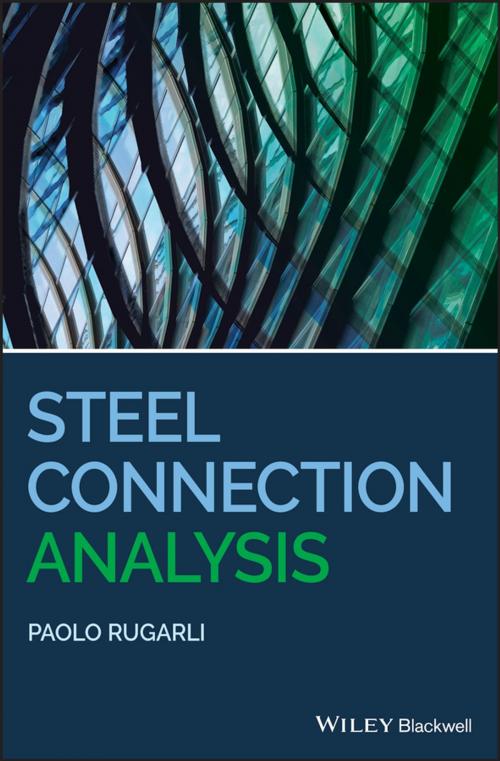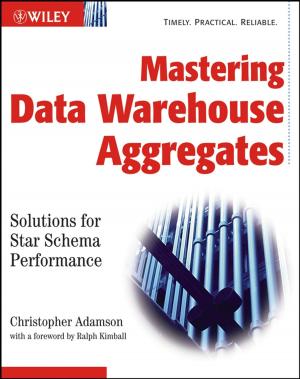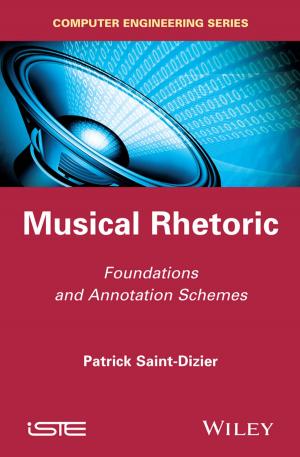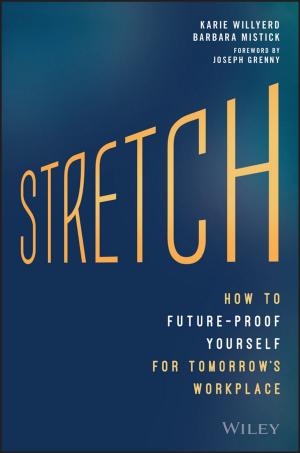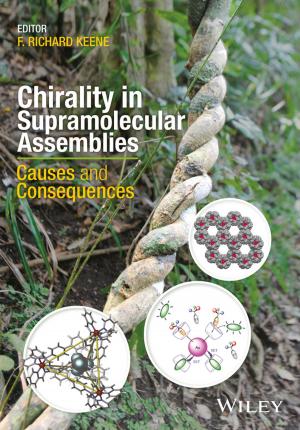| Author: | Paolo Rugarli | ISBN: | 9781119303534 |
| Publisher: | Wiley | Publication: | February 15, 2018 |
| Imprint: | Wiley-Blackwell | Language: | English |
| Author: | Paolo Rugarli |
| ISBN: | 9781119303534 |
| Publisher: | Wiley |
| Publication: | February 15, 2018 |
| Imprint: | Wiley-Blackwell |
| Language: | English |
First book to discuss the analysis of structural steel connections by Finite Element Analysis—which provides fast, efficient, and flexible checking of these vital structural components
The analysis of steel structures is complex—much more so than the analysis of similar concrete structures. There are no universally accepted rules for the analysis of connections in steel structures or the analysis of the stresses transferred from one connection to another. This book presents a general approach to steel connection analysis and check, which is the result of independent research that began more than fifteen years ago. It discusses the problems of connection analysis and describes a generally applicable methodology, based on Finite Element Analysis, for analyzing the connections in steel structures. That methodology has been implemented in software successfully, providing a fast, automatic, and flexible route to the design and analysis of the connections in steel structures.
Steel Connection Analysis explains several general methods which have been researched and programmed during many years, and that can be used to tackle the problem of connection analysis in a very general way, with a limited and automated computational effort. It also covers several problems related to steel connection analysis automation.
- Uses Finite Element Analysis to discuss the analysis of structural steel connections
- Analysis is applicable to all connections in steel structures
- The methodology is the basis of the commercially successful CSE connection analysis software
- Analysis is fast and flexible
Structural engineers, fabricators, software developing firms, university researchers, and advanced students of civil and structural engineering will all benefit from Steel Connection Analysis.
First book to discuss the analysis of structural steel connections by Finite Element Analysis—which provides fast, efficient, and flexible checking of these vital structural components
The analysis of steel structures is complex—much more so than the analysis of similar concrete structures. There are no universally accepted rules for the analysis of connections in steel structures or the analysis of the stresses transferred from one connection to another. This book presents a general approach to steel connection analysis and check, which is the result of independent research that began more than fifteen years ago. It discusses the problems of connection analysis and describes a generally applicable methodology, based on Finite Element Analysis, for analyzing the connections in steel structures. That methodology has been implemented in software successfully, providing a fast, automatic, and flexible route to the design and analysis of the connections in steel structures.
Steel Connection Analysis explains several general methods which have been researched and programmed during many years, and that can be used to tackle the problem of connection analysis in a very general way, with a limited and automated computational effort. It also covers several problems related to steel connection analysis automation.
- Uses Finite Element Analysis to discuss the analysis of structural steel connections
- Analysis is applicable to all connections in steel structures
- The methodology is the basis of the commercially successful CSE connection analysis software
- Analysis is fast and flexible
Structural engineers, fabricators, software developing firms, university researchers, and advanced students of civil and structural engineering will all benefit from Steel Connection Analysis.
